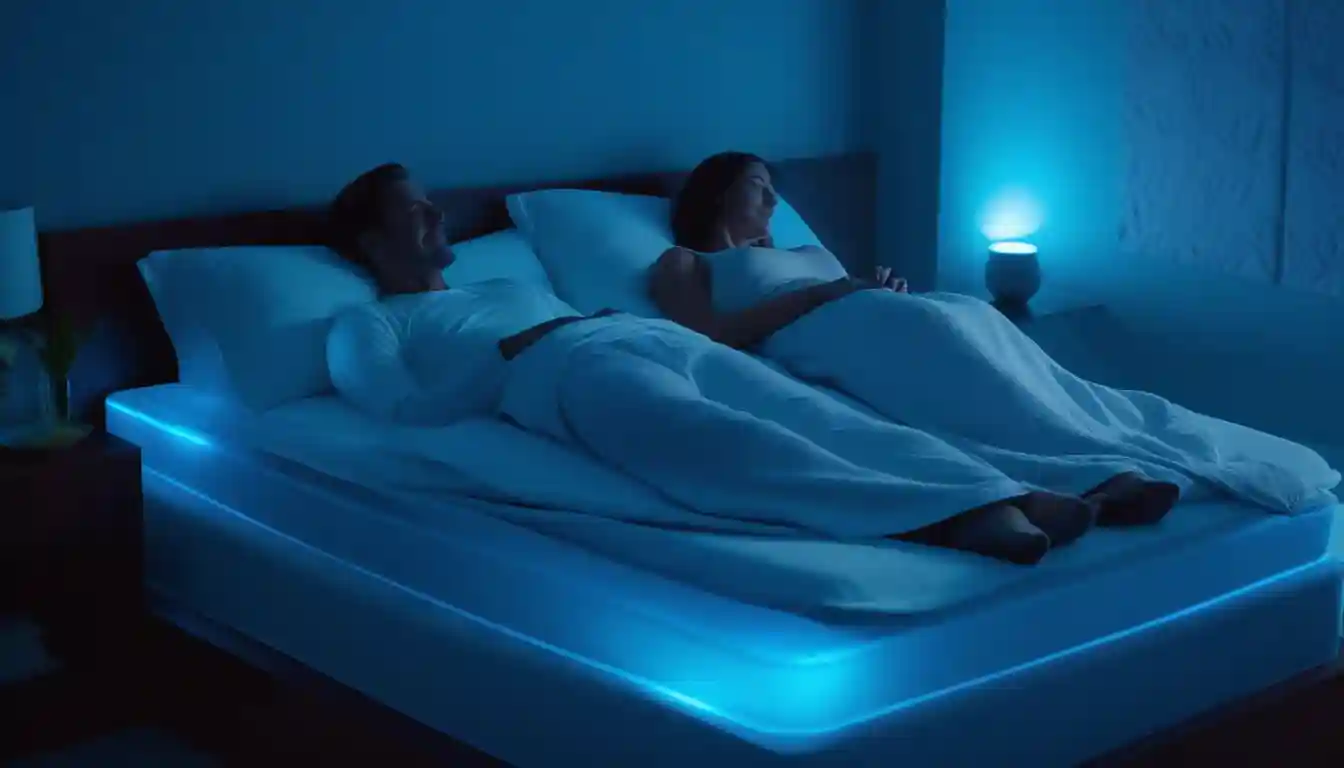
Eight Sleep Raises $100 Million to Turn Smart Mattresses Into Medical Devices
The Sleep Revolution That Wall Street Finally Noticed: Eight Sleep's $100M Gamble on AI-Driven Healthcare
NEW YORK — On Tuesday, Eight Sleep announced a $100 million funding round that signals a fundamental shift in how investors view the intersection of consumer technology and preventive healthcare. The New York-based startup's latest capital injection, led by HSG and Valor Equity Partners alongside Formula One luminaries Charles Leclerc and Zak Brown, represents more than venture funding—it's a bet on transforming bedrooms into medical monitoring stations.
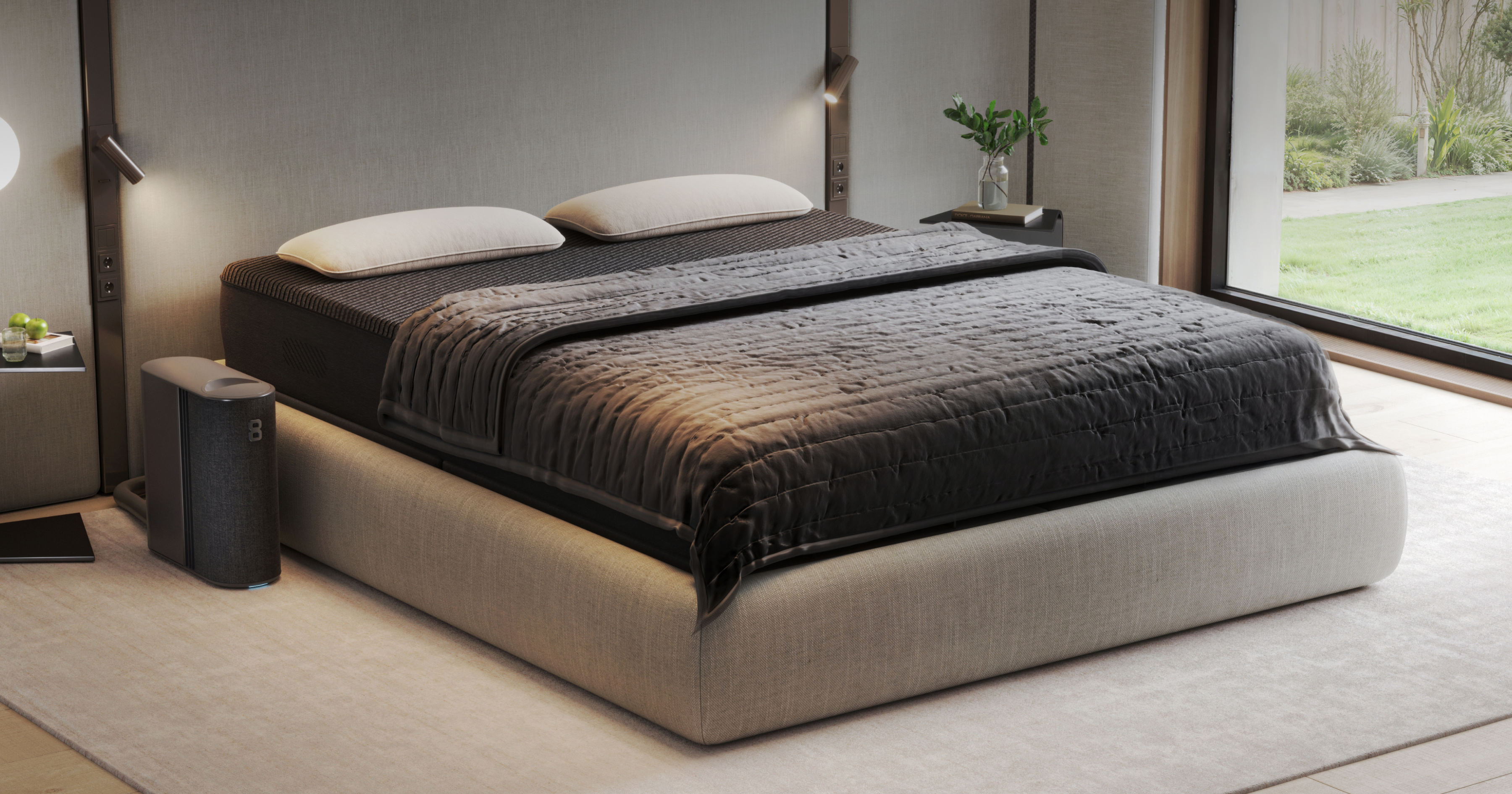
The timing is no coincidence. As the global sleep-tech devices market races toward $134.6 billion by 2034—a staggering 18.5% compound annual growth rate from today's $24.85 billion—Eight Sleep has positioned itself at the convergence of three powerful trends: artificial intelligence, contactless health monitoring, and the growing demand for proactive medical intervention.
Projected Growth of the Global Sleep-Tech Devices Market by 2034
| Source / Report | Market Size Now (Approx.) | Projected Market Size by 2034 | Compound Annual Growth Rate (CAGR) | Notes/Key Drivers |
|---|---|---|---|---|
| Precedence Research (2025) | USD 24.85 billion (2024) | USD 134.60 billion | 18.46% (2025-2034) | Driven by sleep disorder awareness, tech advances |
| Evolve BI (2025) | USD 21.10 billion (2023) | USD 28.11 billion | 18.32% (2024-2034) | AI-enabled devices, wearables, health monitoring |
| Market Research Future (2025) | USD 41.70 billion (2025) | USD 85.13 billion | 8.25% (2025-2034) | Variation in market scope across reports |
| Precedence Research - Sleep Monitoring | USD 23 billion (2024) | USD 104.14 billion | Robust growth expected | Smart mattresses, CPAP, digital therapeutics |
Beyond the Mattress: Redefining Health Infrastructure
Eight Sleep's Pod system represents a radical departure from the wearable-dominated health tech landscape. Where companies like Oura and Apple demand users strap devices to their bodies, Eight Sleep embeds intelligence directly into the sleep surface, creating what industry analysts describe as "ambient health computing."
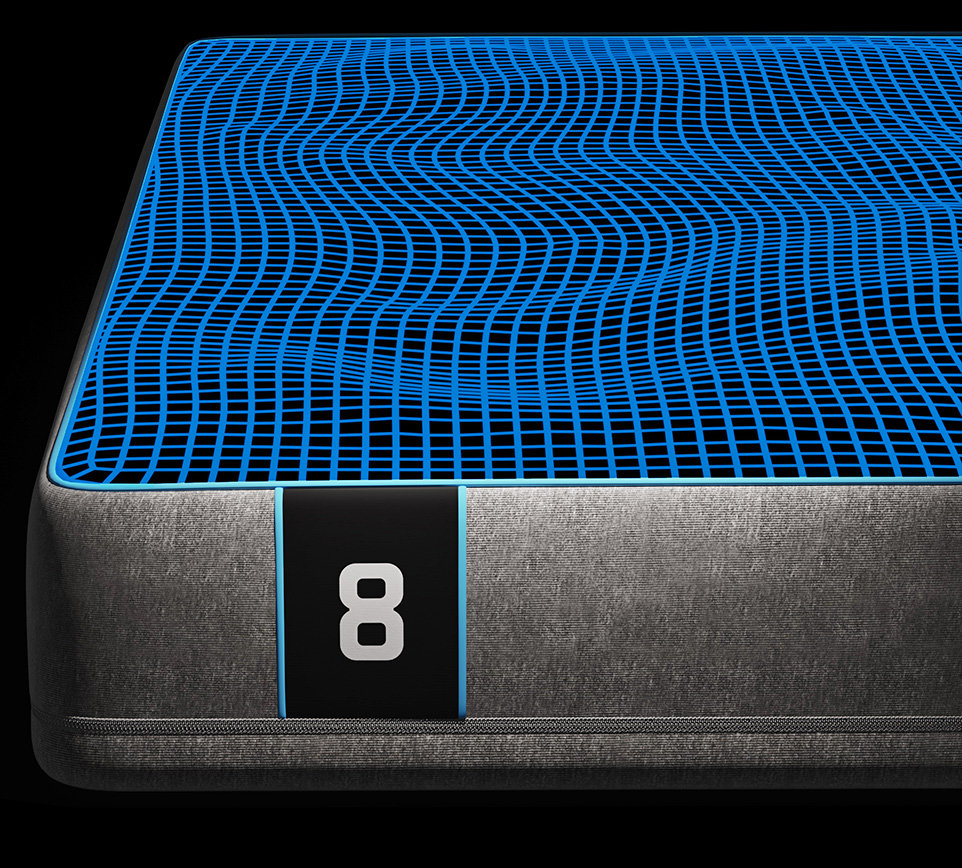
The Pod's sophistication extends far beyond temperature control. Using integrated sensors, the system monitors cardiovascular and respiratory patterns with claimed 99% accuracy, while its AI-driven Autopilot feature creates personalized "digital twins" for each user. These digital profiles adapt continuously to factors ranging from travel and stress to seasonal changes and illness, automatically adjusting temperature, elevation, and firmness throughout the night.
A digital twin in healthcare is a dynamic, virtual replica of an individual patient, built from their real-time health data. This personalized computer model allows doctors to simulate treatments, predict disease progression, and test therapies in a risk-free environment to determine the most effective care plan for that specific person.
"The shift from reactive tracking to proactive intervention represents the next evolution in health technology," noted one venture capital analyst familiar with the space. "Eight Sleep has essentially created a health monitoring platform that users engage with for eight hours every night without any conscious effort."
This approach has translated into remarkable commercial traction. The company reports over $500 million in Pod sales since launching the product in 2019, with revenue growing tenfold during that period. Perhaps more significantly, Eight Sleep has collected insights from over one billion hours of recorded sleep data—a dataset that forms the foundation of its medical ambitions.
The Medical Pivot That Changes Everything
Eight Sleep's expansion into healthcare represents the company's most significant strategic evolution. The recently launched Health Check feature leverages the Pod's biometric monitoring capabilities to detect cardiovascular and respiratory irregularities, positioning the platform as a early-warning system for serious health conditions.
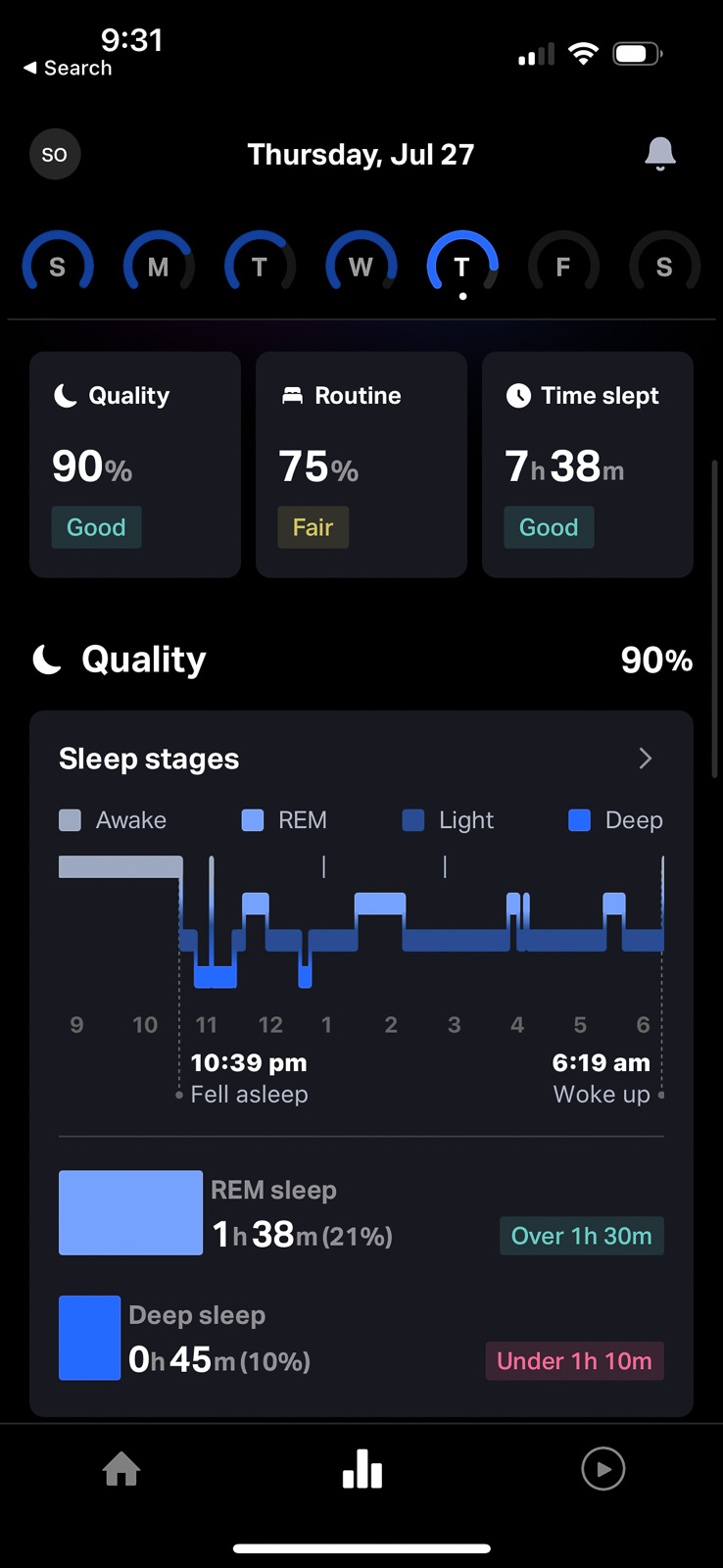
The medical applications extend beyond monitoring. Hot Flash Mode employs AI-driven cooling algorithms to provide relief for menopause symptoms, while the company pursues FDA approval for contactless sleep apnea solutions. These condition-specific interventions could transform Eight Sleep from a luxury consumer product into a reimbursable medical device.
"We're giving users nightly, high-accuracy health monitoring so they can act early if trends shift," explained Alexandra Zatarain, Eight Sleep's co-founder and CMO. "Over time, this data can complement medical care."
The medical device pathway, while lucrative, introduces significant execution risks. FDA approval processes are notoriously lengthy and expensive, requiring clinical validation that has stalled many promising health tech companies. Success would differentiate Eight Sleep from competitors focused purely on consumer wellness, but failure could drain resources and delay international expansion plans.
The Competitive Battlefield Intensifies
Eight Sleep's premium positioning faces pressure from multiple directions. Wearable giants like Apple and Oura dominate consumer mindshare in health tracking, while medical device incumbents like ResMed bring decades of regulatory expertise and healthcare distribution relationships.
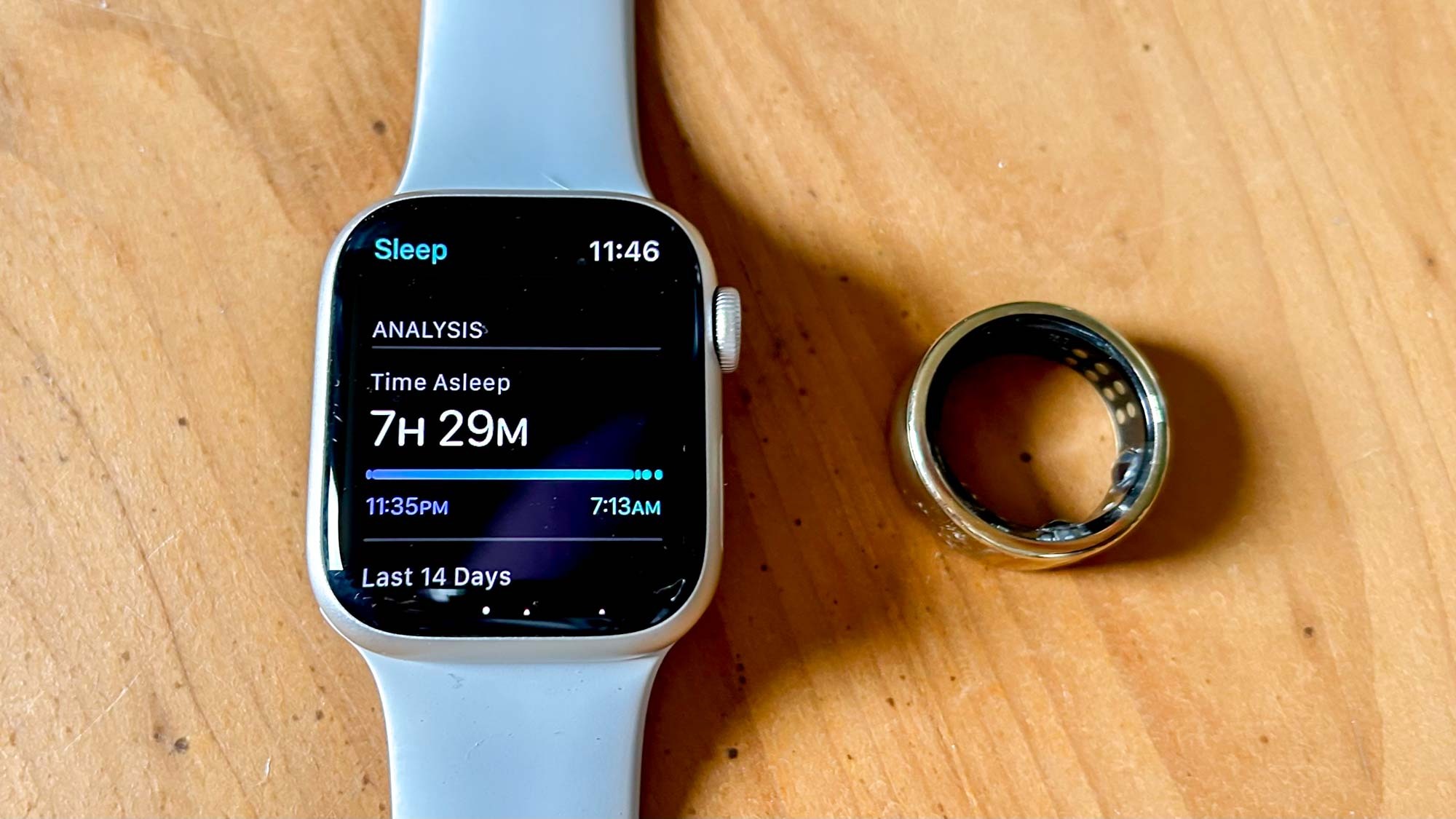
In the smart mattress category specifically, Sleep Number's Climate360 system offers comparable temperature control at potentially lower price points, leveraging the company's extensive retail footprint and financing options. Meanwhile, budget alternatives like ChiliSleep provide dual-zone cooling for approximately $2,200—significantly undercutting Eight Sleep's Pod 5 Ultra, which can cost nearly $6,000 including the adjustable base.
The international expansion, particularly into China, presents additional complexity. China's smart bed market features sophisticated, locally-manufactured alternatives at fraction of Eight Sleep's pricing. Xiaomi's 8H brand and established players like DeRucci offer feature-rich electric beds with health sensing capabilities for under $1,000.
The Data Moat and Security Concerns
Eight Sleep's competitive advantage increasingly rests on its data collection and AI capabilities rather than hardware differentiation. The company's billion hours of sleep data represent a potentially insurmountable moat for training AI models and developing personalized interventions.
An infographic illustrating the scale of Eight Sleep's one billion hours of sleep data compared to typical clinical studies.
| Data Source/Study | Number of Participants / Data Points | Duration of Data Collection |
|---|---|---|
| Eight Sleep Data | Not specified in search results | 1 billion hours |
| Fullpower-AI® Landmark Study | Over 7 million nights of sleep data | Not specified in search results. |
| Obstructive Sleep Apnea and Alzheimer's Study | 53,321 patients | Not specified in search results. |
| Typical In-Lab Sleep Study | 1 participant | Usually one night. |
| Eight Sleep Pod Study | 54 participants | Over 300 nights. |
However, this data-centric strategy brings significant cybersecurity responsibilities. Recent security research highlighted vulnerabilities in Eight Sleep's systems, including exposed SSH backdoors and AWS credentials—issues that could undermine user trust and regulatory approval prospects.
Privacy concerns become paramount as Eight Sleep pursues medical applications. The company emphasizes GDPR and CCPA compliance, along with data encryption and a no-microphone policy, but the stakes rise dramatically when transitioning from consumer wellness to medical intervention.
Investment Implications and Market Dynamics
The $100 million funding round, which reportedly doubled Eight Sleep's valuation from its 2021 Series C, reflects investor confidence in the company's medical pivot and international expansion strategy. With total funding now approaching $260 million, Eight Sleep has the capital to pursue FDA approvals and establish manufacturing partnerships in key international markets.
Eight Sleep's funding history, showing total capital raised across its major investment rounds.
| Date | Funding Round | Amount | Lead Investor/Key Investors |
|---|---|---|---|
| Aug 2025 | Series D | $100 million | HSG, Valor Equity Partners, Founders Fund, Y Combinator. |
| Aug 2021 | Series C | $86 million | Valor Equity Partners. |
| 2017 | Seed Round | $6 million | Y Combinator. |
For investors, Eight Sleep represents exposure to several high-growth trends: the aging population's increasing focus on health monitoring, the shift toward preventive healthcare, and the integration of AI into medical devices. The company's subscription model—requiring annual Autopilot fees—provides recurring revenue that could smooth the inherent volatility of hardware sales.
However, execution risks remain substantial. The premium pricing strategy limits addressable market size, while regulatory pathways introduce timeline uncertainty. Competition from both budget alternatives and technology giants could compress margins or market share.
Market analysts suggest monitoring several key metrics: subscription renewal rates beyond the mandatory first year, international market penetration success, and progress toward FDA approvals. The company's ability to demonstrate clinical efficacy through peer-reviewed studies could determine whether Eight Sleep becomes a transformative healthcare platform or remains a luxury consumer product.
The Broader Sleep Economy Awakens
Eight Sleep's funding success reflects growing institutional recognition of sleep's role in overall health outcomes. As healthcare systems worldwide grapple with chronic disease management costs, technologies that enable early intervention and continuous monitoring become increasingly valuable.
Sleep deprivation has a significant economic impact, primarily driven by substantial losses in productivity. In the United States, statistics show this costs the economy billions of dollars annually due to factors like absenteeism and reduced performance at work.
The convergence of AI, sensor technology, and medical validation creates opportunities for platforms that can demonstrate measurable health improvements. If Eight Sleep successfully navigates FDA approval processes and proves clinical efficacy, the company could establish the template for ambient health monitoring across multiple conditions and demographics.
For now, Eight Sleep's success hinges on execution across multiple complex initiatives: maintaining hardware reliability, achieving regulatory approvals, expanding internationally, and defending against well-funded competitors. The $100 million war chest provides ammunition for these battles, but victory is far from assured in the rapidly evolving intersection of technology and healthcare.
Investment disclaimer: This analysis is based on publicly available information and market research. Past performance does not guarantee future results. Readers should consult qualified financial advisors before making investment decisions.